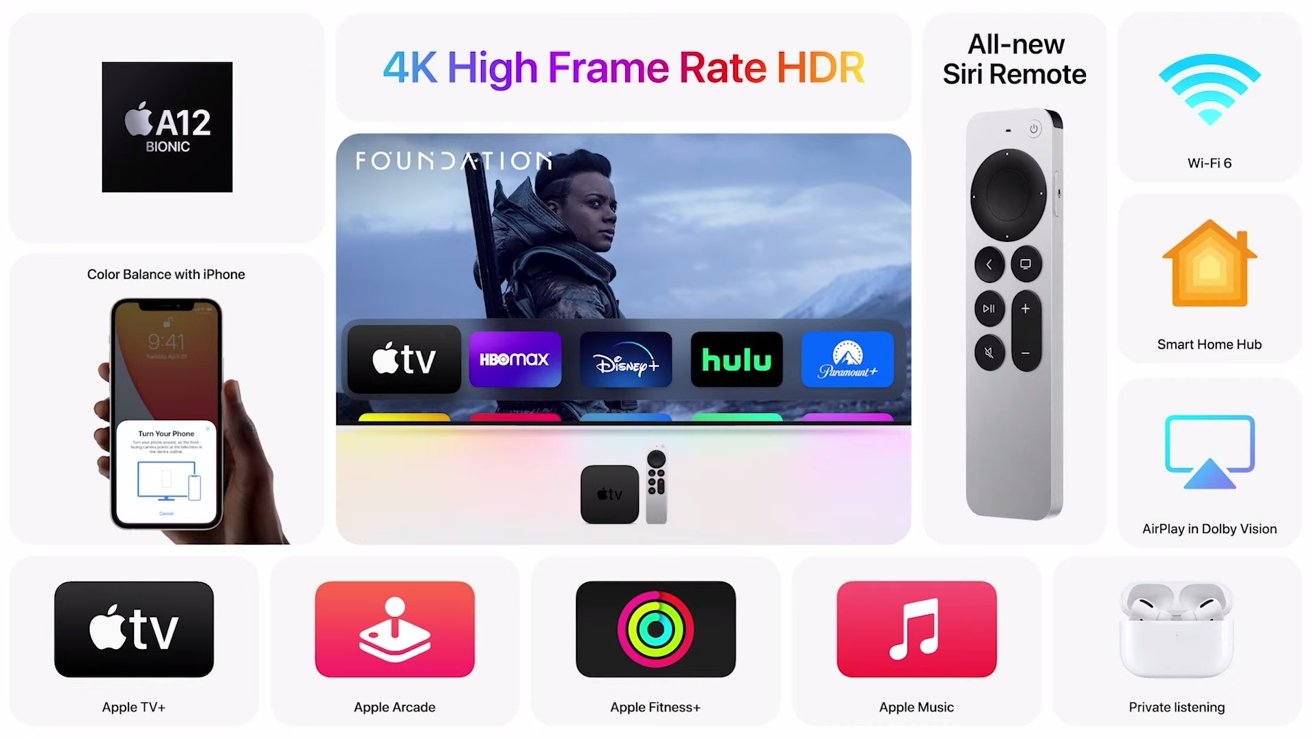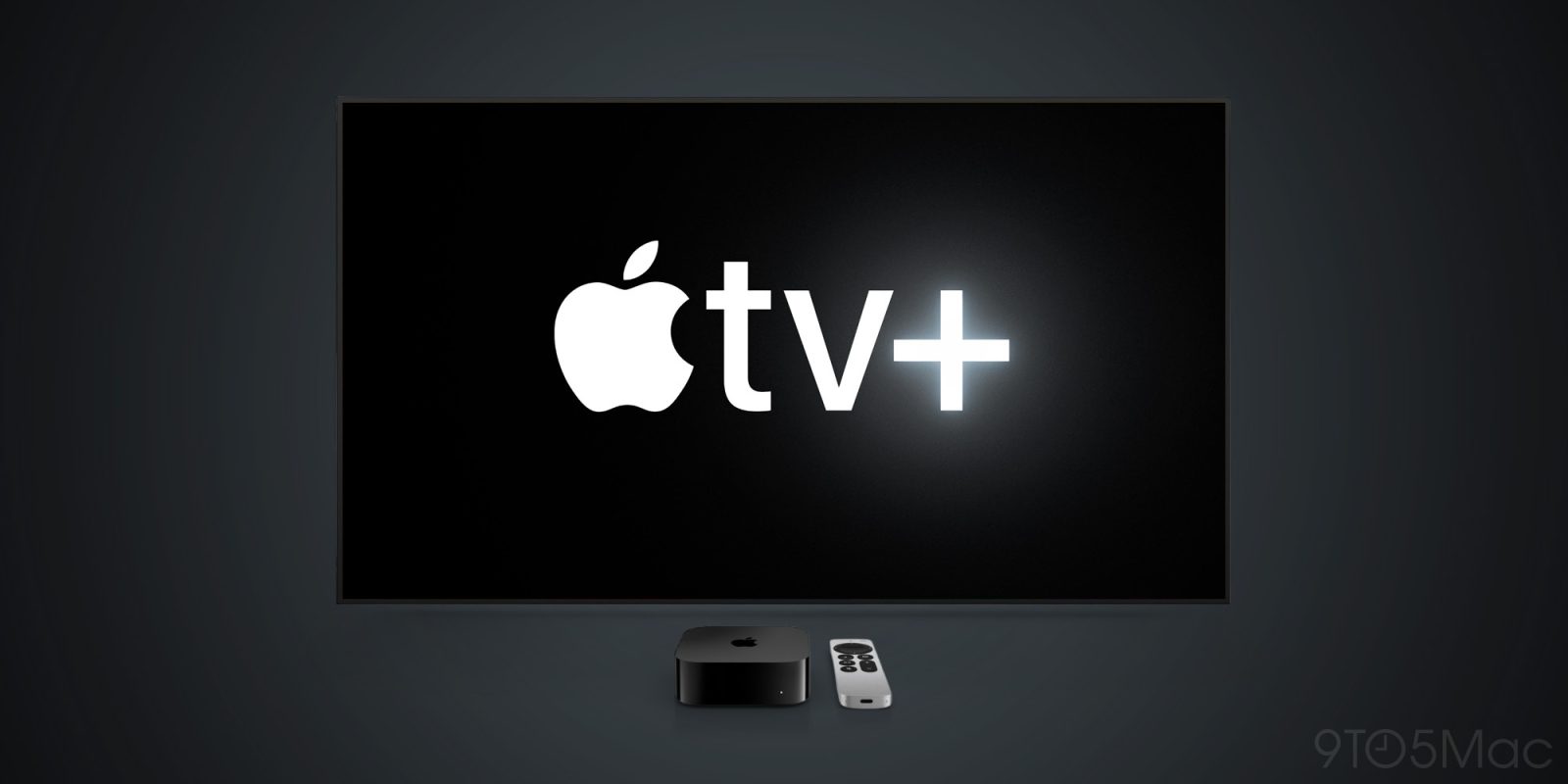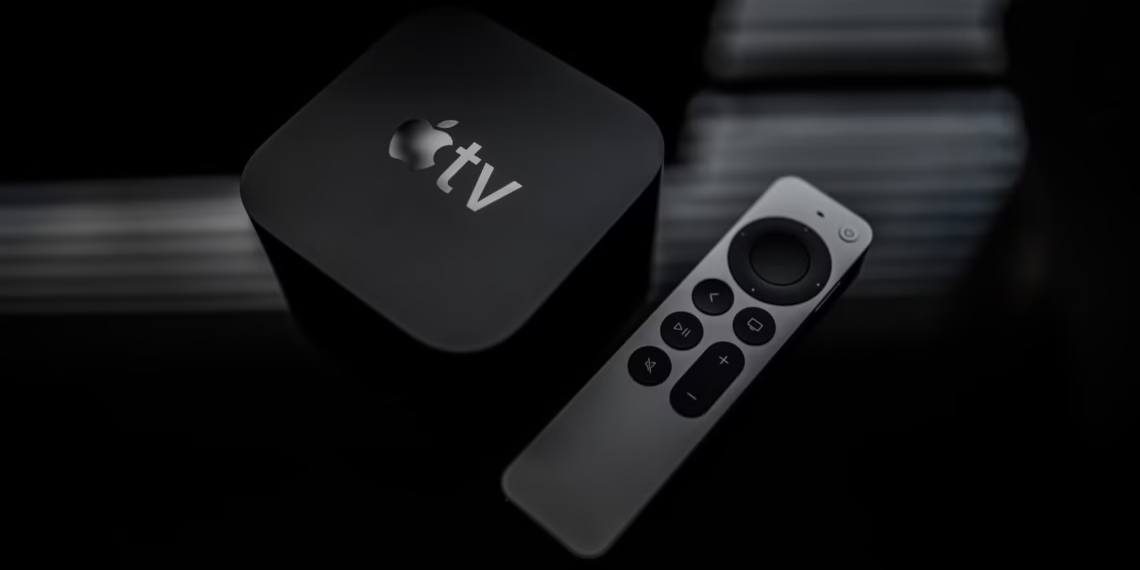📺 Introduction: Privacy in the Age of Streaming
As smart TVs and streaming boxes become fixtures in our homes, concerns over how these devices collect and use data have grown. Leading the charge in privacy promises is Apple TV, which claims to collect less data than its competitors.
But how true are these claims? Can users trust Apple TV to protect their privacy, or is the situation more complicated?
Let’s dive deep into the tracking mechanisms, privacy practices, and real-world implications of using an Apple TV.
🔍 What Apple TV Tracks—and What It Doesn’t
Unlike Roku, Amazon Fire TV, or Google Chromecast, Apple TV doesn’t aggressively collect data by default.
✅ What Apple TV Does Track:
App usage data (e.g., which apps are installed and how often they’re opened)
Siri interactions (e.g., voice commands and search requests)
Apple ID-related activity (e.g., iCloud syncing, purchases)
In-app activity within Apple services like Apple TV+, Music, or Fitness+
❌ What Apple TV Doesn’t Track (by default):
Viewing habits across third-party apps (like Netflix or YouTube)
Cross-app or cross-device tracking for ads (unless you allow it)
Background app usage for ad targeting
🛡️ Privacy Features That Set Apple TV Apart
1. App Tracking Transparency (ATT)
This feature forces third-party apps to ask for user permission before tracking across apps or websites. Apple gives you the power to block them.
2. Privacy Labels
Apps on the App Store must disclose what data they collect in “nutrition label”-style summaries. This transparency helps users make informed decisions.
3. Private Relay (for iCloud+ Users)
If you’re an iCloud+ subscriber, Apple hides your IP address and browsing activity from network providers and websites.
📊 How Apple TV Compares to Competitors
| Feature | Apple TV | Roku | Amazon Fire TV | Google Chromecast |
|---|---|---|---|---|
| Cross-app tracking | ❌ Disabled | ✅ Enabled | ✅ Enabled | ✅ Enabled |
| Personalized ads by default | ❌ Opt-in only | ✅ On by default | ✅ On by default | ✅ On by default |
| App transparency | ✅ Full ATT | ❌ None | ❌ Limited | ❌ Limited |
| Privacy-focused OS | ✅ tvOS | ❌ Ad-heavy | ❌ Amazon-heavy | ❌ Google-focused |
Apple TV comes out on top for users who value data minimization and consent-first practices.
🧠 Why It Still Matters: Apple’s Ecosystem Loophole
Although Apple avoids third-party tracking, it still collects first-party data across its apps and services. This includes:
Your Apple TV+ viewing habits
Siri voice logs (anonymized, but stored)
App Store purchases and browsing behaviour
Apple says this data is used to improve user experience, but skeptics argue it still builds a profile within the Apple ecosystem.
💡 How to Maximize Your Privacy on Apple TV
Want to keep things truly private? Follow these steps:
🔒 Privacy Settings Checklist:
Disable personalized ads: Settings → Privacy → Apple Advertising → Turn Off Personalized Ads
Limit Siri & dictation data: Settings → General → Siri → Siri & Dictation History → Delete
Use a VPN or iCloud+ Private Relay
Deny tracking permissions to third-party apps
Use third-party apps (like Netflix) without logging into Apple’s single sign-on (if preferred)
🗣️ What the Experts Say
“Apple TV is among the most privacy-friendly streaming devices—but that doesn’t mean it’s totally off the hook.”
— Jon Brodkin, Ars Technica
“You’re trading third-party surveillance for a more controlled, first-party ecosystem.”
— Eva Galperin, EFF
🔚 Conclusion: Is Apple TV Really Private?
If you’re deciding between Apple TV and its ad-driven rivals, Apple certainly wins on the privacy front. But understanding that “less tracking” doesn’t mean “no tracking” is key. Apple’s approach may align better with user expectations—but full transparency and ongoing scrutiny remain essential.
📌 Final Verdict
Apple TV is the top choice for privacy-conscious users. But as always, the best privacy tool is an informed user.





































